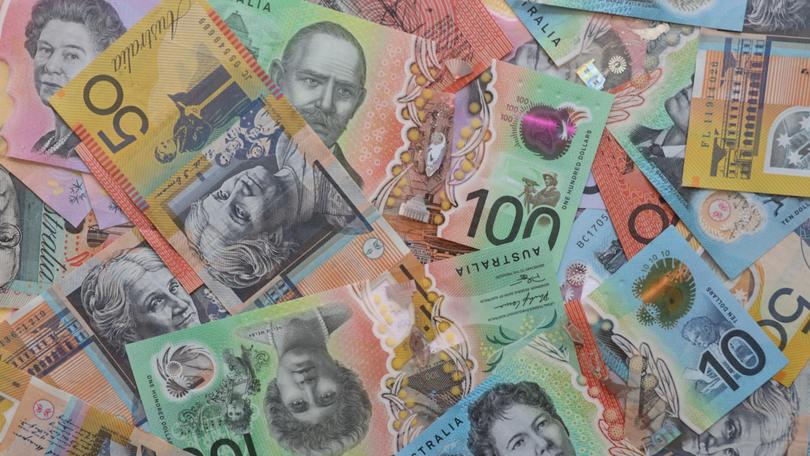Small business strangled by red tape: COSBOA
Regulatory burden is demoralising small and medium businesses that employ millions of Australians, an industry group has warned.

Regulatory burden is demoralising small and medium businesses that employ millions of Australians, an industry group has warned, as owners struggle to stay afloat amid rising costs, high inflation and successive interest rate hikes.
Council of Small Business Organisation Australia chair Matthew Addison said mum-and-dad owners were being encumbered by red tape, which was impacting both their personal health and the health of their businesses.
“There’s so much red tape and so much compliance burden that their health, their wealth, their family and accordingly their small business suffer,” he told the COSBOA business summit on Wednesday.
Sign up to The Nightly's newsletters.
Get the first look at the digital newspaper, curated daily stories and breaking headlines delivered to your inbox.
By continuing you agree to our Terms and Privacy Policy.Mr Addison said that 1000 businesses became insolvent last month, the worst record since 2015, while about three in four owners took home less than the average minimum wage and about 43 per cent of small to medium enterprises failed to make a profit.
He said the numbers reflected what business leaders were hearing anecdotally, including that some owners had chosen not to open over the Easter long weekend because they wouldn’t make enough to meet costs.
“They [small business owners] are doing it tough,” he said.
“They are not earning enough, they are working hard and the compliance burden is demoralising.”
Mr Addison said most small and medium business owners were older and there was an absence of younger people attempting to start their own businesses.
Small and medium businesses employ about 5.1 million Australians.
Sydney business owner Renee Baltov owns The Barberhood and at any time employs between 16 and 22 people across two men’s grooming salons in the CBD.
Ms Baltov said she was struggling to find staff and operating in a tough economic climate due to 13 interest rate hikes since 2022, inflation and the rising cost of goods.
“There’s so many taxes that just fall on small and medium-size businesses and in an economic market like this there is no reprieve,” she said.
“So we are pretty much getting kicked from every angle in terms of financial constraints.
“Then you have huge companies that pay little to no tax, which just seems unfair. That’s just the tax system working against small business.”
The Reserve Bank of Australia has left the cash rate at 4.35 per cent since November while last year the national inflation rate was 4.1 per cent, higher than the target rate of between 2 and 3 per cent.
An updated inflation figure is due to be released later this month.
COSBOA has called for minimum wage increases to be capped at 3 per cent in a submission to the Fair Work Commission’s review panel.
“Small businesses are enduring a cost-of-doing-business crisis,” said the submission.
“Inflation has rightly been described as a drag on jobs, productivity and real wages. For small businesses, the reality is that higher costs undermine viability, dissuade employment and typically result in higher prices for consumers.
“Small businesses are facing a perfect storm with rising energy, rent, insurance, borrowing, transport and supply-chain costs.”
Unions are pushing for a 5per cent wage increase this year.

